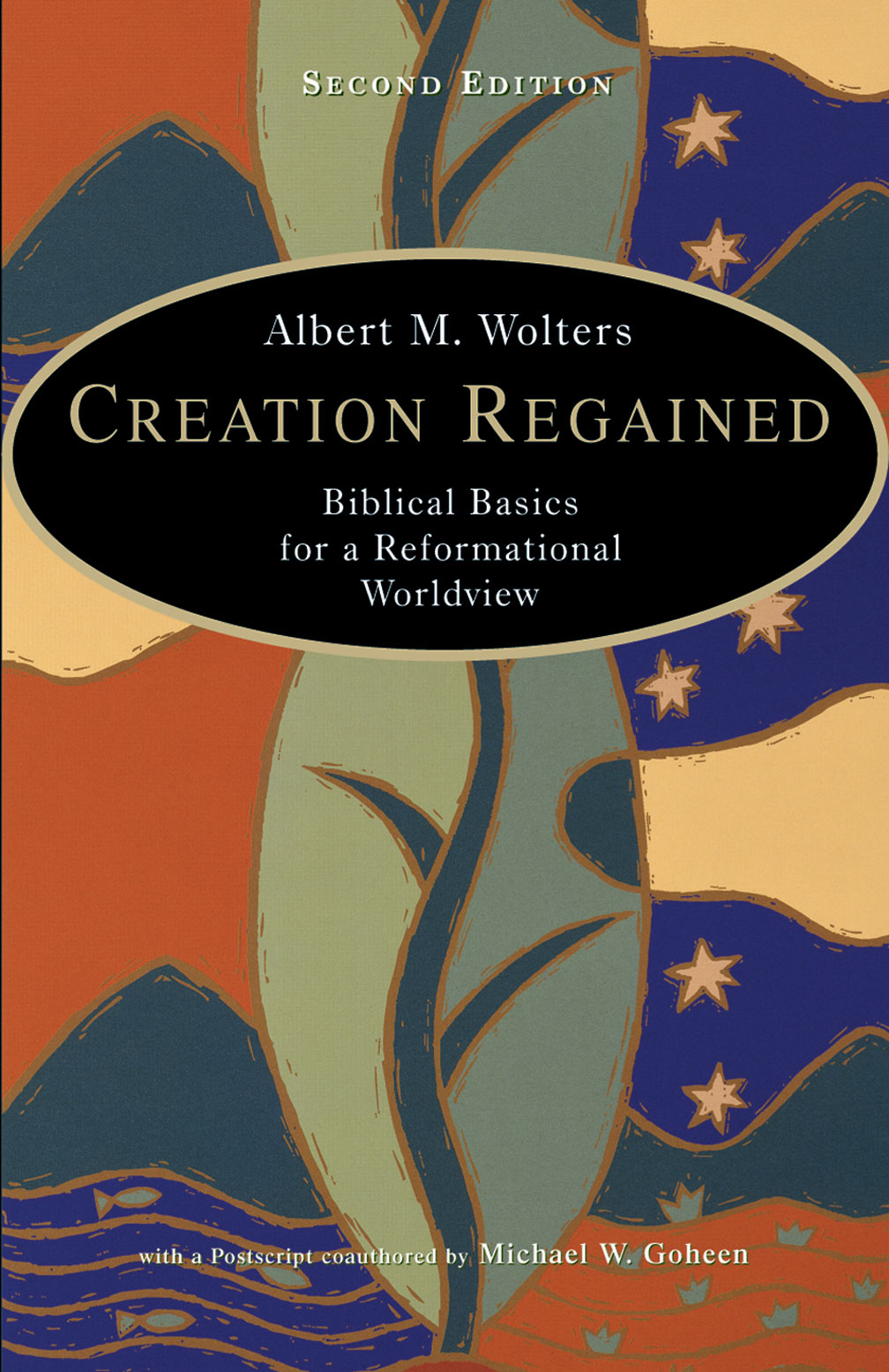While researching online about the New Earth for my book Heaven, I stumbled upon Creation Regained. I ordered it based on its title alone (which often proves to be a big mistake). From its opening chapter on worldview, I knew I had discovered a treasure. As I read what Albert Wolters had to say about creation, the fall, and redemption, I found myself repeatedly exclaiming “Yes!”
Until then, I had read only a few other books that resonated with the vast redemptive scope of Matthew 19:28, Acts 3:21, Romans 8:18-23, and other Scriptures. Regrettably, I have seen few since. For too long we have reduced and distorted the gospel to the snatching of souls from Earth to a distant and intangible realm suitable for angels, not people. Yet the Bible shows that in His unfolding drama of redemption, God is at work to reclaim not just our souls, but also our bodies, and not just our bodies, but also the earth from which that first human body was made, and over which God purposed us to reign.
 Al Wolters concisely and persuasively demonstrates that God’s plan for righteous humanity to live on and reign over an uncursed earth was not thwarted by Satan or by man’s sin. (How small He would be if that were the case.) God never revoked or abandoned His original great commission for us to rule a good earth to His glory. The last chapters of the Bible promise that His original design—as revealed in the first chapters and greatly enhanced and magnified through Christ’s work—will indeed be fulfilled on the New Earth. Having fallen on mankind’s coat-tails, Earth will rise on our coat-tails—resurrected humanity will occupy and rule a resurrected earth. This is the full gospel of the Kingdom, and it is vital to a biblical worldview, which alone explains the Bible’s description of Christians as those who are “looking forward to a new heaven and new earth.”
Al Wolters concisely and persuasively demonstrates that God’s plan for righteous humanity to live on and reign over an uncursed earth was not thwarted by Satan or by man’s sin. (How small He would be if that were the case.) God never revoked or abandoned His original great commission for us to rule a good earth to His glory. The last chapters of the Bible promise that His original design—as revealed in the first chapters and greatly enhanced and magnified through Christ’s work—will indeed be fulfilled on the New Earth. Having fallen on mankind’s coat-tails, Earth will rise on our coat-tails—resurrected humanity will occupy and rule a resurrected earth. This is the full gospel of the Kingdom, and it is vital to a biblical worldview, which alone explains the Bible’s description of Christians as those who are “looking forward to a new heaven and new earth.”
Creation Regained is biblically and philosophically sound, and offers depictions that are both refreshing and satisfying. It offers a paradigm shifting perspective—one desperately needed by today’s churches and families and one that has become tragically obscure: God has no more given up on the rest of His creation than He has given up on us.
Al Wolters writes, “[God] hangs on to his fallen original creation and salvages it. He refuses to abandon the work of his hands—in fact, he sacrifices his own Son to save his original project. Humankind, which has botched its original mandate and the whole creation along with it, is given another chance in Christ; we are reinstated as God’s managers on earth. The original good creation is to be restored.”
A few pages later he writes, “[It] is particularly striking that all of Jesus’ miracles (with the one exception of the cursing of the fig tree) are miracles of restoration—restoration to health, restoration to life, restoration to freedom from demonic possession. Jesus’ miracles provide us with a sample of the meaning of redemption: a freeing of creation from the shackles of sin and evil and a reinstatement of creaturely living as intended by God.”
These and Al’s other penetrating insights help us to stop redefining the gospel in narrow and shallow and individualistic terminology and assumptions which discredit the breadth and depth of God’s redemptive plan.
Regardless of theological leanings, anyone reading this great book will undoubtedly find it a treasure trove, as I did. Enjoy!
Photo by Timothy Eberly on Unsplash




